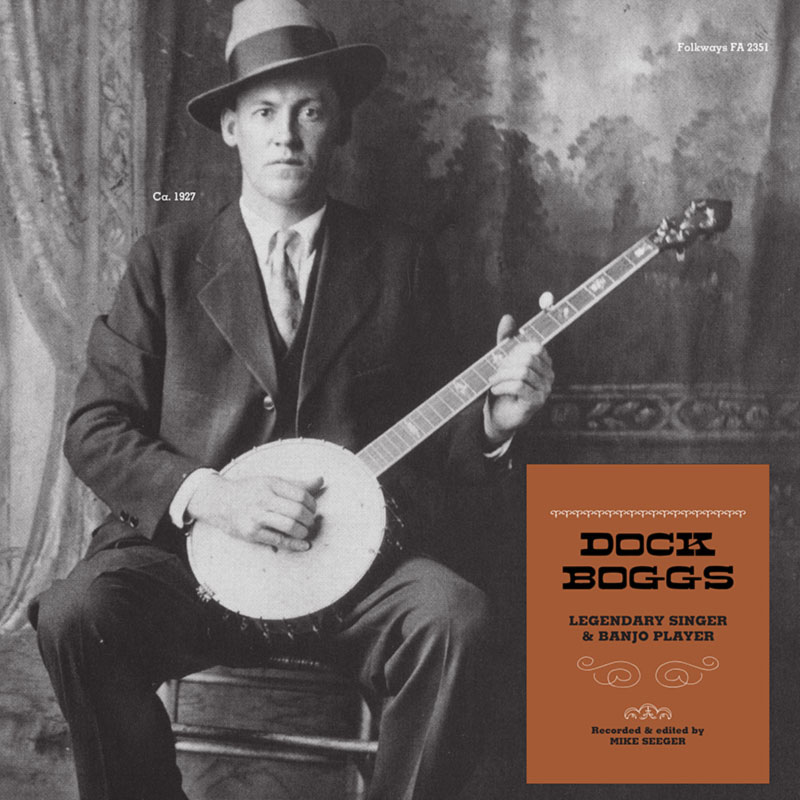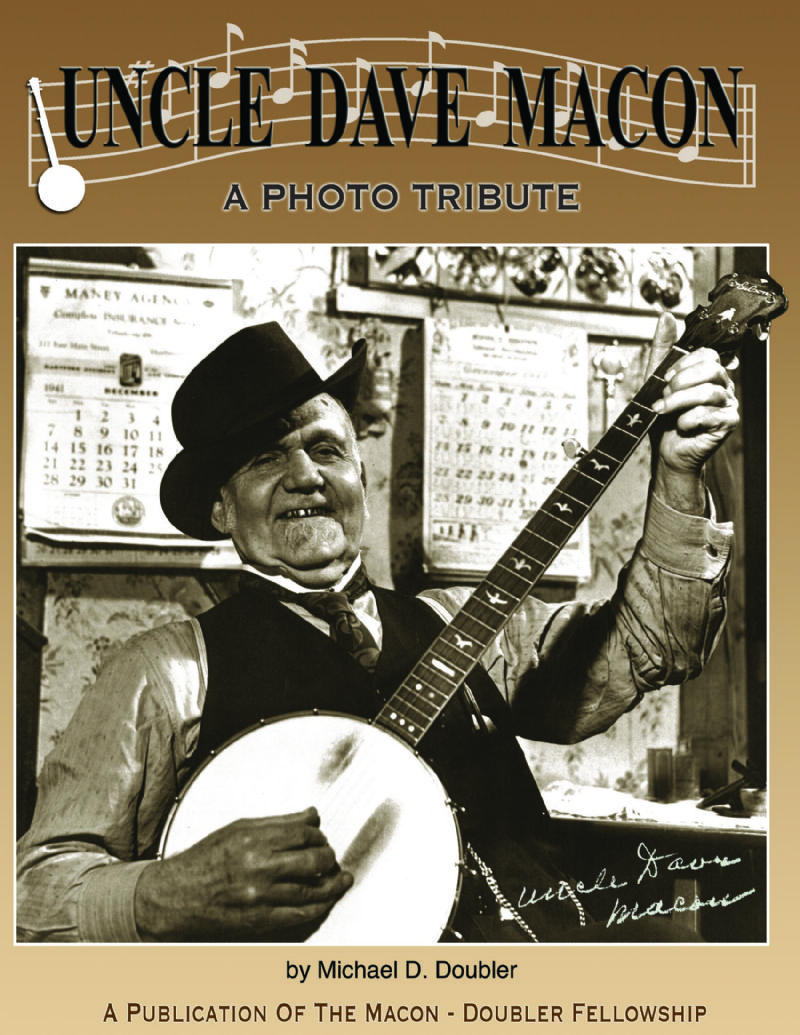IllmaticDelta
Veteran
There are a lot of unlearned responses in this thread. The central instrument to Country music is the banjo. The banjo is an instrument brought to America by enslaved Africans.
Yes Black people were central figures to the creation on Country/Bluegrass music. All anyone has to do is research names like
Leslie Riddle
Rufus "Tee Tot" Payne
Arnold Schultz
DeFord Bailey
Those names are literally the starting point for what is now known as Country/Bluegrass music.
A few others that are considered "starting points" of Country music and/on their "black" influences

Moran Lee "Dock" Boggs (February 7, 1898 – February 7, 1971) was an American old-time singer, songwriter and banjo player. His style of banjo playing, as well as his singing, is considered a unique combination of Appalachian folk music and African-American blues. Contemporary folk musicians and performers consider him a seminal figure, at least in part because of the appearance of two of his recordings from the 1920s, "Sugar Baby" and "Country Blues", on Harry Smith's 1952 collection Anthology of American Folk Music. Boggs was first recorded in 1927 and again in 1929, although he worked primarily as a coal miner for most of his life.
In an interview with Mike Seeger in the 1960s, Boggs recalled how, as a young child, he would follow an African-American guitarist named "Go Lightning" up and down the railroad tracks between Norton and Dorchester, hoping the guitarist would stop at street corners to play for change.
Boggs's version of the ballad "John Henry" was based in part on the version he learned from Go Lightning during this period.[2] He also recalled sneaking over to the African-American camps in Dorchester at night, where he first observed string bands playing at dances and parties. He was enamoured of the bands' banjo players' preference for picking, having previously been exposed only to the "frailing" style of his siblings.[2]
Around the time he began working in coal mines, Boggs began playing music more often and more seriously. He learned much of his technique during this period from his brother Roscoe and an itinerant musician named Homer Crawford, both of whom shared Dock's preference for picking. Crawford taught him "Hustlin' Gambler," which was the basis for Boggs's "Country Blues." He also picked up several songs (such as "Turkey in the Straw") from a local African-American musician named Jim White. Boggs probably began playing at parties around 1918.[2]
Hear him talk about his influences here
.
.
.

David Harrison Macon (October 7, 1870 – March 22, 1952), known professionally as Uncle Dave Macon, was an American old-time banjo player, singer, songwriter, and comedian. Known as "The Dixie Dewdrop", Macon was known for his chin whiskers, plug hat, gold teeth, and gates-ajar collar, he gained regional fame as a vaudeville performer in the early 1920s before becoming the first star of the Grand Ole Opry in the latter half of the decade.
Macon's music is considered the ultimate bridge between 19th-century American folk and vaudeville music and the phonograph and radio-based music of the early 20th-century. Music historian Charles Wolfe wrote, "If people call yodelling Jimmie Rodgers 'the father of country music,' then Uncle Dave must certainly be 'the grandfather of country music'."[1] Macon's polished stage presence and lively personality have made him one of the most enduring figures of early country music.[2]

.
.
.
.






